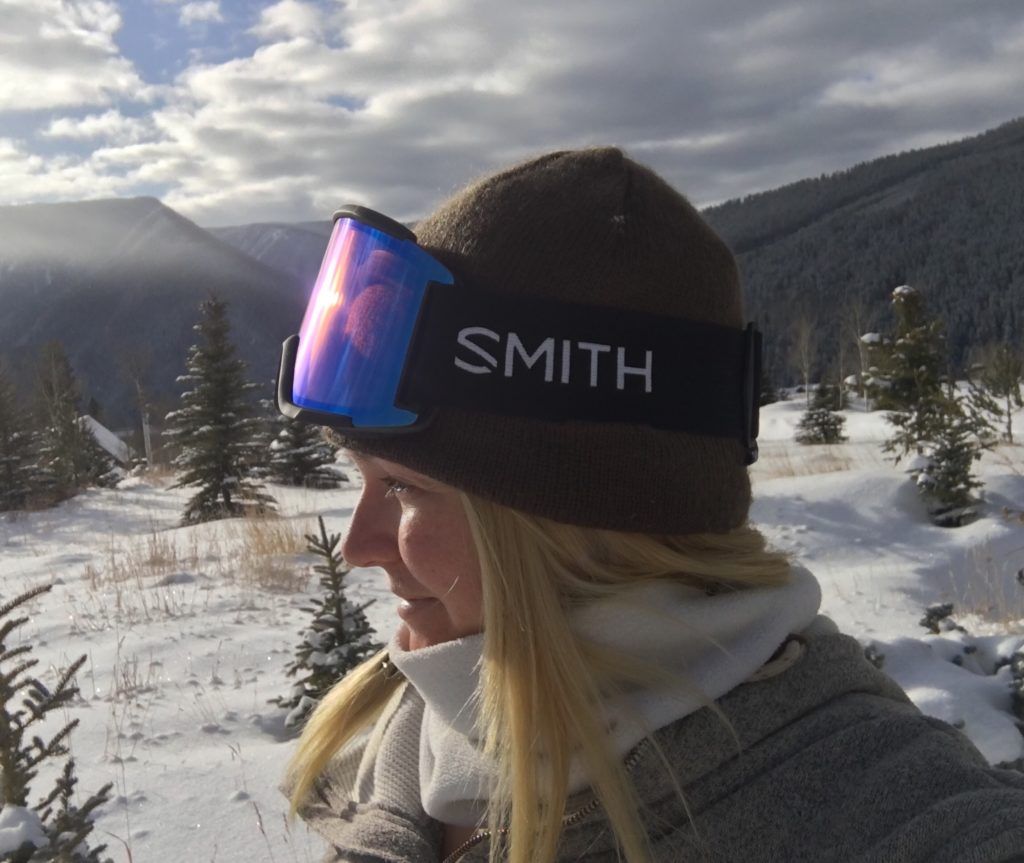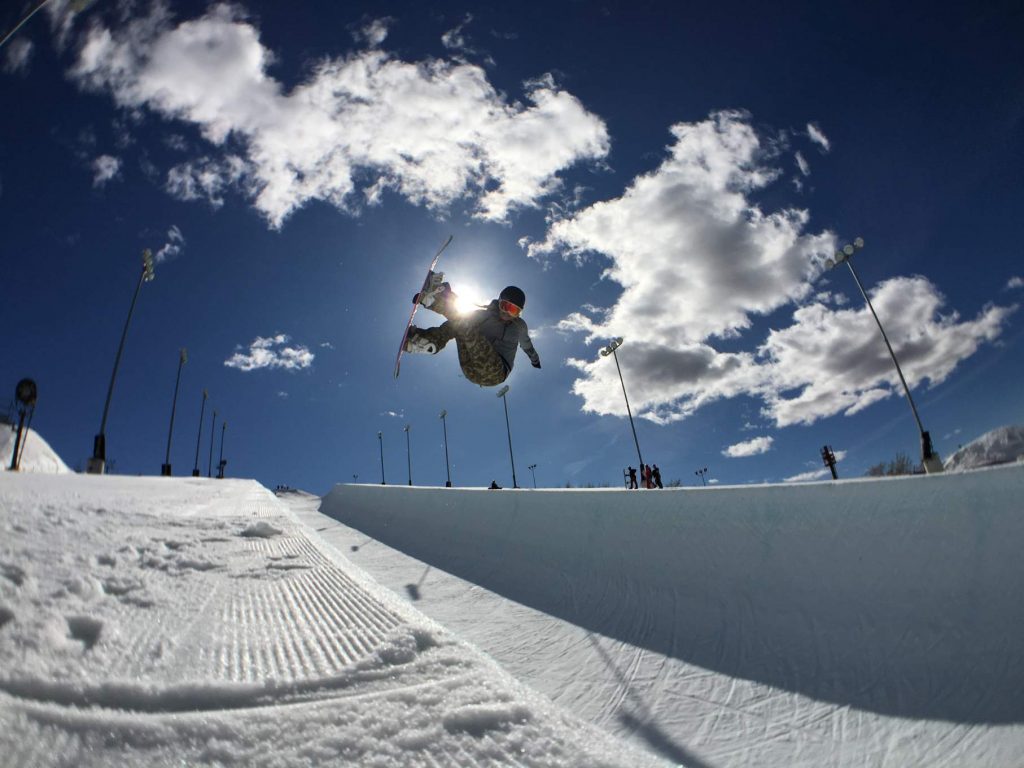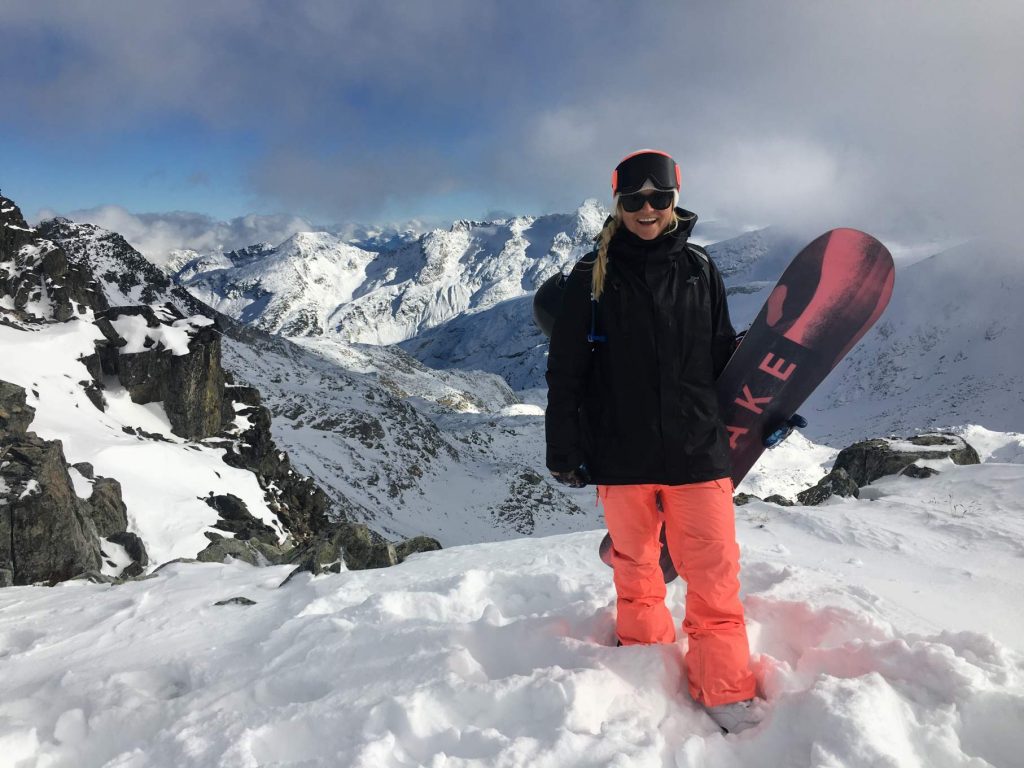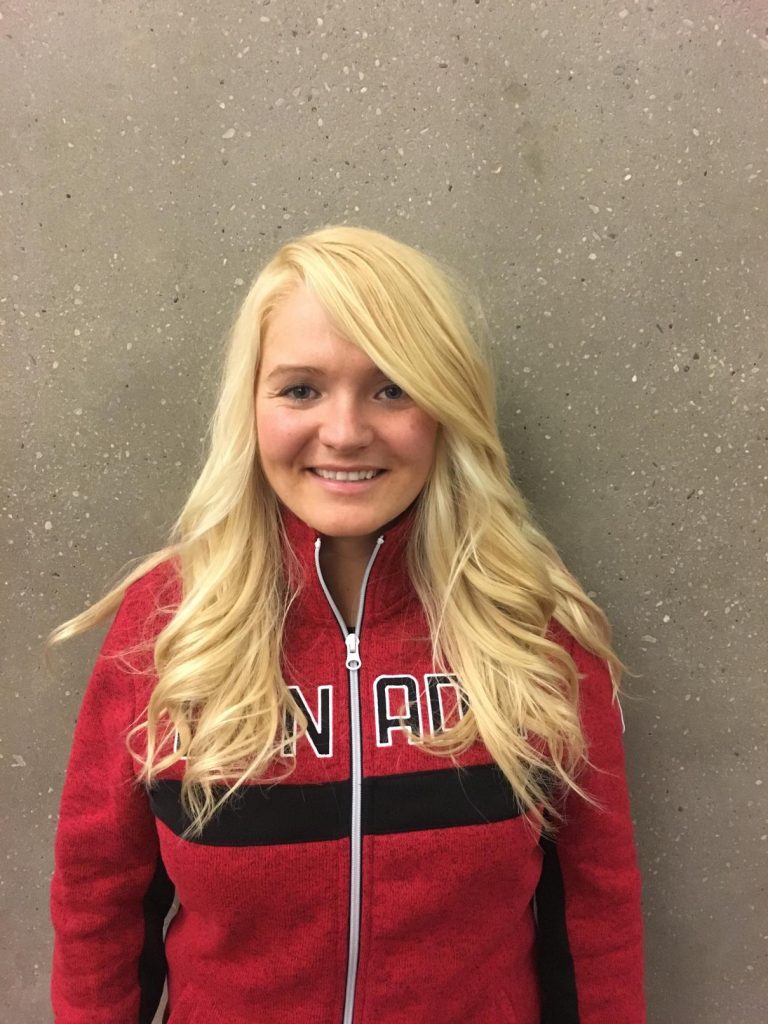Olympic reflections: Mercedes Nicoll
Mercedes Nicoll interview: “It hit me, if my body would let me snowboard again, I would work towards competing again.”
“At these Games I wanted to land that dang backside 900 that took me out in Sochi.”
Four time Winter Olympian and halfpipe snowboard legend Mercedes Nicoll can look back in contentment at her 2018 Olympic Games, a tournament for which qualification alone, at one point, seemed a near insurmountable prospect:
February 12th. The half-way stage of the 2014 Winter Olympics. Mercedes enters the halfpipe for her practice run ahead of the afternoon’s qualifiers. She looks composed rising up the sheer face of the pipe and getting airborne before spinning into the backside 900, but as she begins her descent Mercedes’ snowboard catches the lip seven metres above the flat, quickly inverting her. She falls all the way to the ground and lands on her hip, suffering damage to her hip bone, eye and ribs, as well as concussion.
The effects of that mid-air derailment would dog Mercedes for the next year and a half. For a month she would be unable to drive because her eyes were not tracking properly; she would struggle to hold conversations; walking would be a form of acute agony. The notion of riding a snowboard again recreationally, much less at a competitive level, seemed unlikely. As for her Olympic career – the story was all but over.

But tearing up her own script, the Whistler based rider battled against injuries both physical and psychological to qualify for an impressive fourth Winter Olympics.
“It always feels like a relief when I’ve qualified for the Games,” she says with what I presume to be massive understatement. “We spend the whole year leading up to the Games qualifying, biting our nails, wondering if we should be playing it safe, to just get to the Games, or do a hard run to get to the finals of that contest, or risk falling and dwindling our chances of making it to the Games.”
But the tension that most athletes feel during Olympic qualification was reinforced for Mercedes. Following Sochi she was left with not just the omen of a future out of snowboarding, but one shadowed by depression. Her sport and her life as a whole wound through dark paths and took her to deep pits of the soul. Put bluntly, if she was going to bounce back there was a long, long way to go.
“I learned how strong I was physically before my injury and how hard I had to work to get back. Taking two years off to recover was not preferable, and I don’t recommend it. At these Games I wanted to land that dang backside 900 that took me out in Sochi. It’s a trick that has been mentally challenging me for the past two years.”
Clearly Mercedes’ road to the 2018 Games was a hard one, as challenging mentally as it was physically. Before she took step one on the journey though, she had to realise that competing again was something she truly wanted.

“In 2015 I started working at RBC as part of their Olympian Program, not knowing if I would ever be able to compete again. I took a two year contract and part of my job is doing public speaking. As I worked on my speech and shared it with others, it hit me, if my body would let me snowboard again, I would work towards competing again. I’m a little stubborn and once I got back in the pipe, I felt it coming back. Once I focus on something I’ll do what I can to make it happen; I was on the path to my fourth Olympics. I have to thank all the people that follow me, have heard me speak and keep sending me inspirational words, because without them I may not have realized my potential. I will be forever grateful for having them by my side.”
But while Mercedes has been the recipient of emotional support and guidance from all corners, she isn’t unwilling when it comes to giving back. Which is handy because the advice of a four-time Olympian is worth its weight in gold.
“I said this in the press conference at the Olympics to our youngest Olympian on the team: the Olympics can be overwhelming, you’ll want to see everything you can, you’ll want to be a spectator. My advice is you can do that after you compete. You are here for a reason – yes everyone else including your family is having the time of their lives, but this only happens every four years; live in the moment, enjoy yourself after you’ve competed.”
That capacity for counselling was especially important in the run up to the Pyeongchang Olympics. In fact if you think back to any Olympics in recent decades it’s hard to conjure one that hasn’t been mired in some kind of controversy – political, meteorological or the downright unscrupulous. Pyeongchang, which threatened to be the coldest Olympics on record and was immersed in the issues of recently-excluded Russia, was no exception.
“There’s always a news story,” Mercedes says. “Having the knowledge of how it works at past Games you come to realise: yes the press is looking for a story, usually a negative one. The best thing about the Games is that you get to live in the Olympic Village bubble. The Canadian Olympic Committee does an outstanding job of making athletes comfortable so we can focus on the task at hand; we are there to compete, to do our best, we are a family that understands that some things are out of our hands, but we focus on the now and know the task we have in front of us.”

Not many among us would achieve the status of four-time Olympian. Come to think of it, not many Olympians would achieve it – and certainly not given injuries to the extent of those Mercedes suffered at Sochi. But she battled back and achieved the inconceivable and in doing so honed her Olympic footing. Because the Olympics isn’t about just medals. It’s about finding ways to overcome. Ways to live more Olympic moments. So what was Mercedes’ most treasured moment from Pyeongchang?
“Other than landing the back 9, it would be being honoured and asked to walk in the front line of the opening ceremonies. Only eight athletes were chosen, it was a moment I’ll never forget!”
As a spectator I’ve been shouldering a severe case of Post-Olympic withdrawal symptoms. If you’re a fellow mourner, you’ve probably wondered how an Olympian deals with that post-Games come-down because let’s face it, after months, years, a lifetime, of preparation, what happens when suddenly it’s all over? Perhaps you start to think about the next four years.
Beijing 2022 and Olympics number five then?
“Haha, you’re the first person to officially ask me that! Olympics number five might be as a support staff. For me I think four Olympics is enough, unless I decide to do a less high risk sport! Ha, I’ll be a snowboarder forever. For now you can find me at Whistler Blackcomb guiding clients around in the Ride with an Olympian Program.”
Did anyone actually hear a ‘no’ there?

My grateful thanks to Mercedes for her second visit here. You can keep track of her latest news at the following feeds:
Twitter: @mercedesnicoll
Instagram: @mercedesnicoll
Facebook: /MercedesNicollProSnowboarder
But if that’s not close enough for you, why not take some lessons from the lady herself? If you want to get to know her home territory and the pistes of Whistler Blackcomb like nobody else, hone your skills on the snow and take a ride with Mercedes.
Related article: Laura Deas
